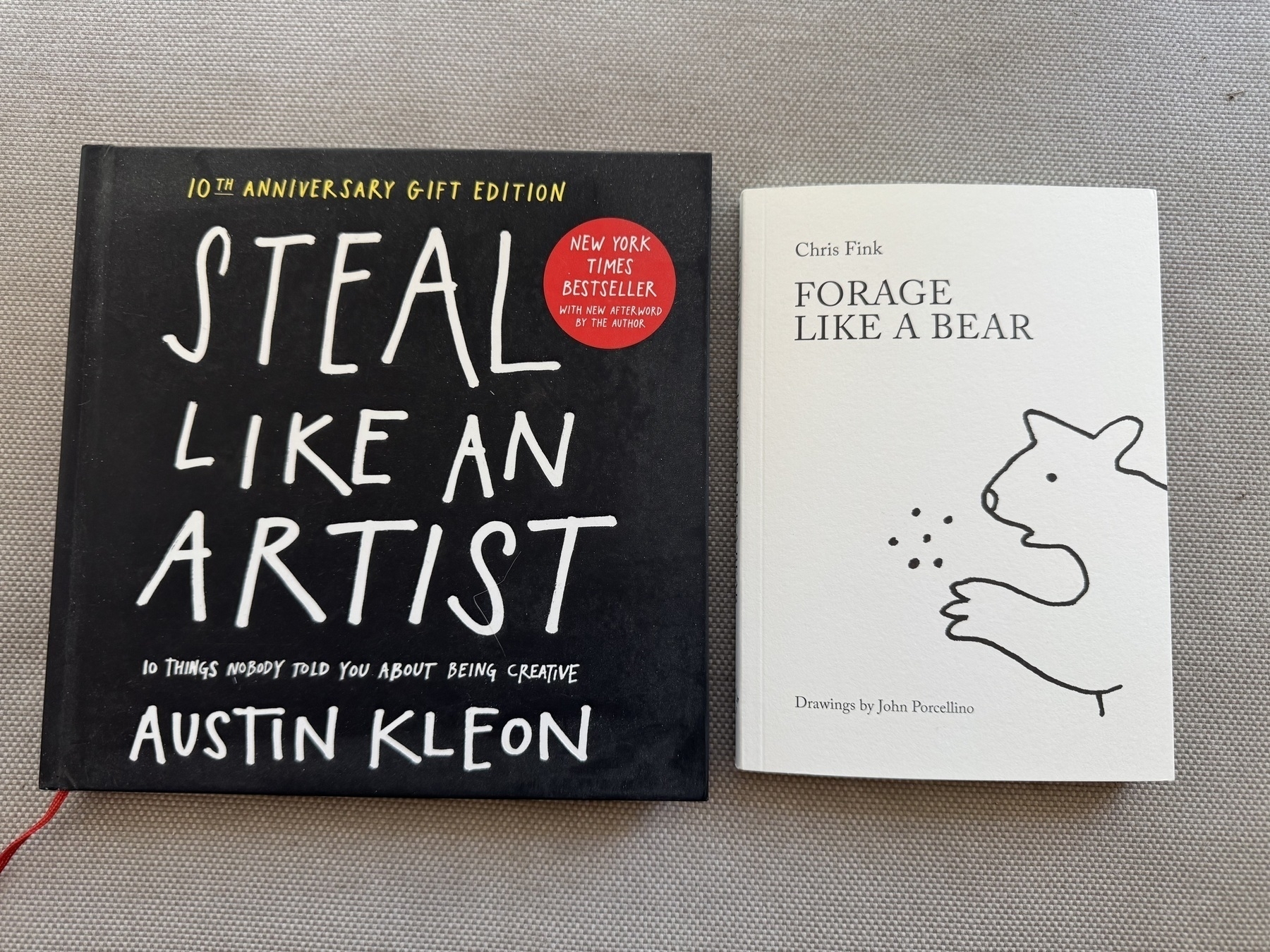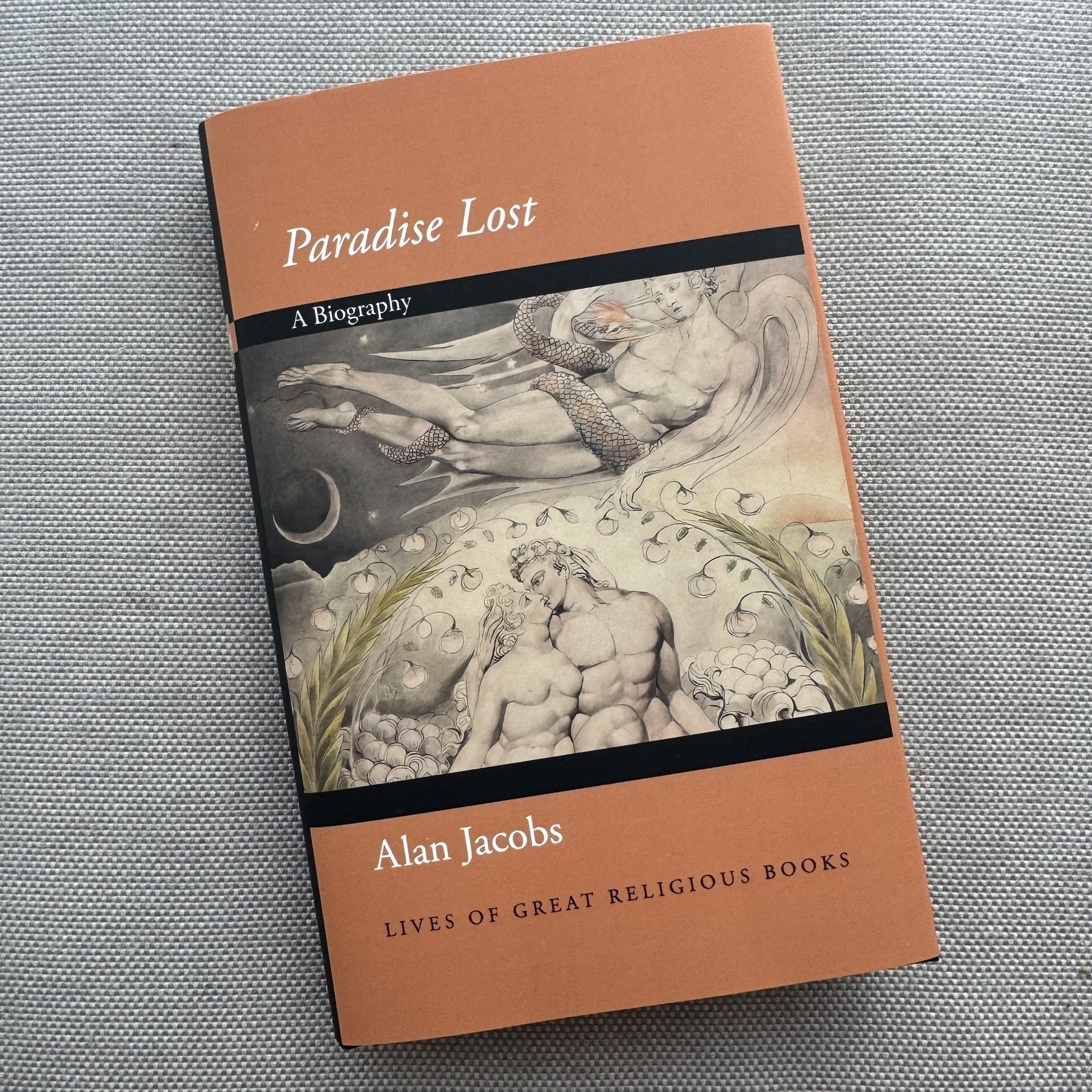“Last Monday I got to excommunicate a guy,” he recounted.
As some readers will have noted, I’ve been digging through old digital photos, and am surprised and rather pleased to discover that some of those photos still look decent. Not super-high resolution, not blowupable, but just fine, even though they were taken on a 7-megapixel Sony Cybershot.
Photo from 2004 of a place I want to visit again: the Popo Agie River in Wyoming, roaring down from the Wind River Range. The river rises in multiple streams at around 12,000 feet and then drops down the mountain side, goes underground for a while into a limestone cavern, then emerges and flows more gently into the town of Lander.

Why not do both?

First author copy has arrived!

But I do think we’re on the cusp of a great cultural transition. On the one hand, the eternal forces of dehumanization are blowing strong right now: concentrated power; authoritarianism; materialism; runaway technology; a presidential administration at war with the arts, universities and sciences; a president who guts Christianity while pretending to govern in its name.
On the other hand, there are millions of humanists — secular and religious — repulsed by what they see. History is often driven by those people who are quietly repulsed for a while and then find their voice. I suspect different kinds of humanists will gather and invent other cultural movements. They will ask the eternal humanistic questions: What does it mean to be human? What is the best way to live? What is the nature of the common humanity that binds us together? As these questions are answered in new ways, there will be new cultural movements and forms.
I was very pleased to see David invoke my book The Year of Our Lord 1943 in this context — the context of recovering a sense of the bonds that hold humans together. See also the humanism tag on my big blog.
Robin Sloan: “Everybody’s always talking about chips, and I guess I just want to insist, they are more than any thing else PRINTED, and the print in all its incarnations is this deeply, endlessly fascinating human artifact. One of the top ten. Top three."
On the whole, the pattern is striking. Some countries with the greatest wealth and longevity may have achieved these goods at the cost of a fulfilling life. This first wave of GFS data can’t yet establish these divergent causes, but there are clues: Countries such as Indonesia, Mexico, and Israel, with higher degrees of humanistic flourishing and the highest composite flourishing overall, also have higher than average rates of marriage, community participation, friendship, and religious belief and participation. This suggests that, for most people, flourishing is found above all in dense and overlapping networks of loving relationships.
Apple is still special relative to most other companies. But clearly the tenor has changed. For me, the two big things are, first, that Apple used to be the company that tried to do things the right way, even in minor areas that were overkill; but, now, much of the time they just don’t care, even about things that users and developers find to be quite important. And, second, my default assumption is now that new things will be broken.
Not sure I agree with the first sentence there, but the rest: co-sign enthusiastically. I’ve come to despise Apple as a company but (a) I despise Google and Microsoft even more, and (b) I have great affection for and loyalty to the Apple developers who have made great software for the platform for years and years, even though Apple has increasingly treated them like crap. There’s simply no substitute on other platforms for companies like Bare Bones, Omni, Panic, Red Sweater, Rogue Amoeba … those folks have really improved my quality of life, and my hat’s off to them for hanging in despite Apple’s indifference or hostility to their work.
My beloved above Rydal Water, on the way from Ambleside to Grasmere (2011)

Some of my students in contemplative poses at Rievaulx Abbey (2011)

Boscastle, Cornwall (2004)

I’ve been thinking for a while now about consumption — on being a consumer, “consuming content,” etc. — and I’ve posted some first inchoate thoughts on the subject.
“Truth is so darkened nowadays, and lies so established, that unless we love the truth we will never know it.” — Pascal




